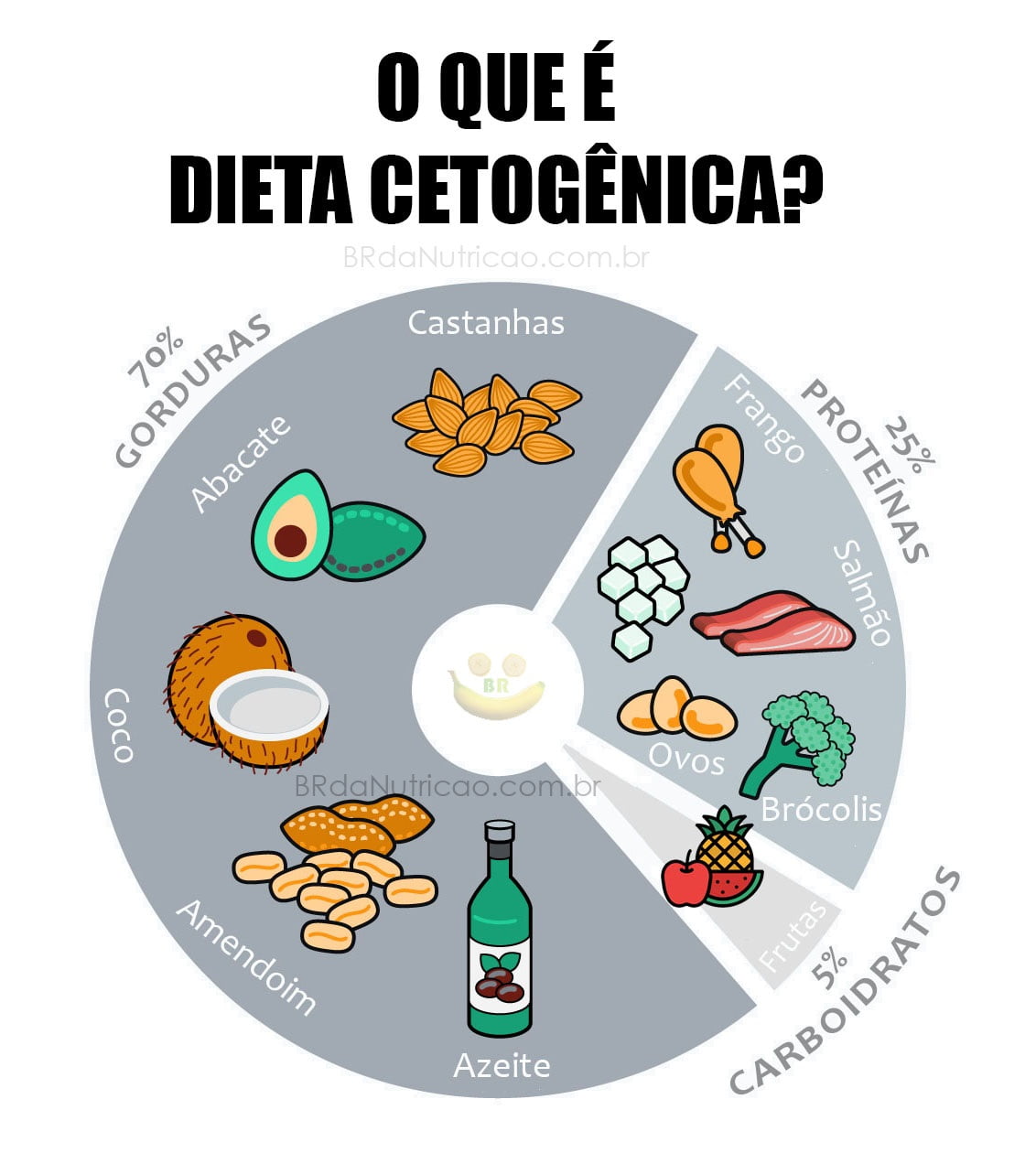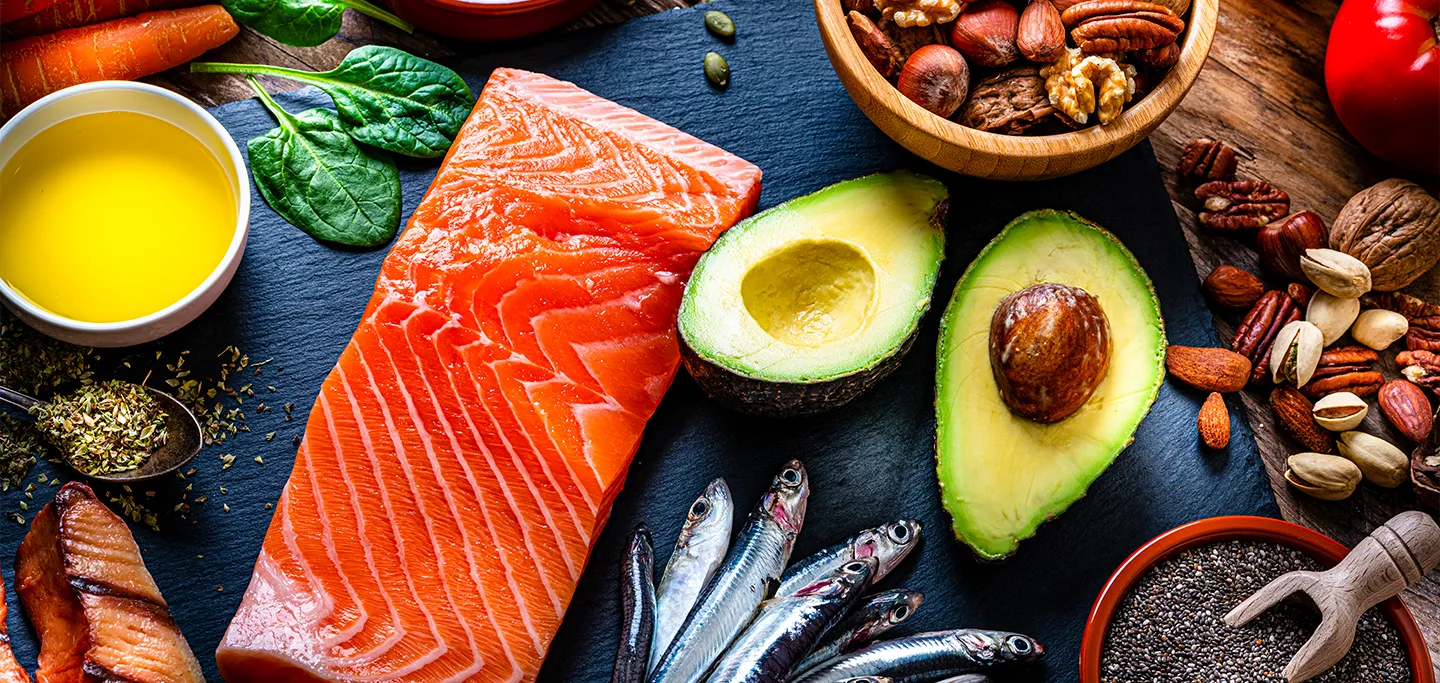What Are Carbohydrates And Why They Are Important For Your Health
Discover everything about carbohydrates: types, functions, benefits and how to include them correctly in your diet for more energy and health. Complete and practical guide.
If you've ever wondered whether carbs are really the villains of nutrition, you've come to the right place. Every month, over 10,000 Americans search for information about "no carb diets," influenced by promises of rapid weight loss. But the truth is quite different from what many fitness magazines and wellness websites promote.
Carbohydrates are actually your body's primary fuel - especially for your brain, which consumes about 120g of these nutrients daily. Without them, your body has to "steal" energy from other sources, like your muscles, which can bring serious consequences for your health and body composition.
In this complete guide, you'll discover what carbohydrates really are, why they're fundamental for your health, what types exist, and how to include them correctly in your diet. Get ready to demystify one of the most important and misunderstood nutrients in modern nutrition.
Table of Contents
- What Are Carbohydrates: Definition and Structure
- Types of Carbohydrates: Simple vs Complex
- Main Functions of Carbohydrates in the Body
- Foods Rich in Carbohydrates: Practical Guide
- Do Carbs Make You Fat? Myths and Facts
- Recommended Daily Amount of Carbohydrates
- How to Choose the Best Carbohydrates
- Carbohydrates and Physical Performance
What Are Carbohydrates: Definition and Structure
Carbohydrates are biomolecules formed primarily by carbon, hydrogen, and oxygen, also known as carbs, saccharides, or sugars. They represent the most important group of energy foods in our diet, providing approximately 4 calories per gram consumed.
These substances are found mainly in plant-based foods, since plants produce them during photosynthesis and store them as an energy source. When you consume carbohydrates, they're quickly converted into glucose - except for fiber, which has special functions in the body.
The chemical structure of carbohydrates can vary from simple molecules, like glucose, to complex structures with hundreds of interconnected units. This structural difference is fundamental to understanding how each type affects your body differently.
For those looking to understand more about nutrition and metabolic health, books on diet and nutrition can provide valuable insights into how carbohydrates work in your body.
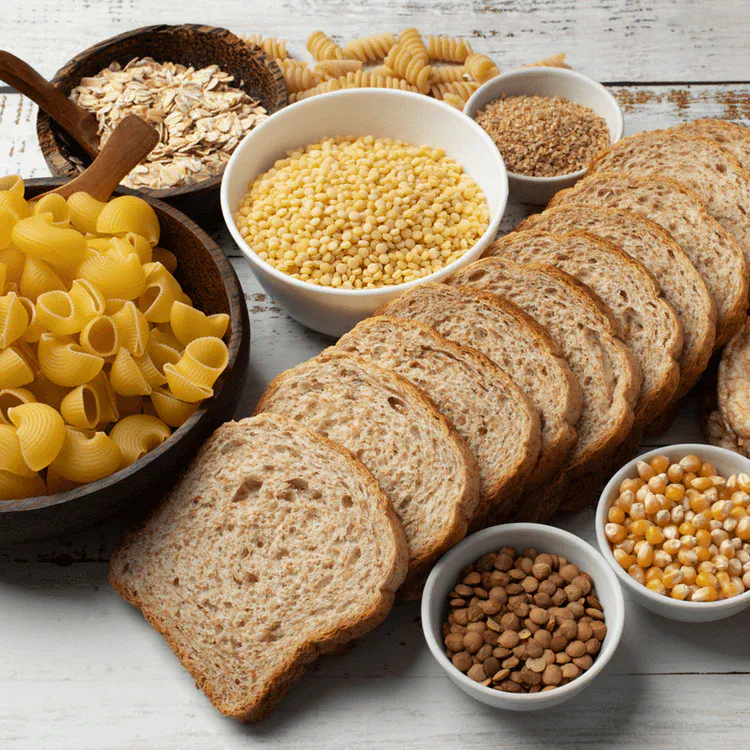
Types of Carbohydrates: Simple vs Complex
Understanding the different types of carbohydrates is crucial for making smart food choices. They're mainly classified into three categories, each with unique characteristics and effects on the body.
Simple Carbohydrates (Sugars)
Simple carbohydrates are characterized by their simple chemical structure, allowing for rapid breakdown and absorption in the body. They include:
Monosaccharides: The basic units like glucose, fructose, and galactose. Glucose is the direct "fuel" for cells, while fructose is naturally present in fruits and honey.
Disaccharides: Formed by the union of two monosaccharides. The most well-known is sucrose (table sugar), formed by glucose + fructose. We also have lactose from milk (galactose + glucose) and maltose (two glucose molecules).
Being rapidly absorbed, simple carbohydrates quickly elevate blood sugar, have a high glycemic index, and can increase hunger sensations more rapidly.
Complex Carbohydrates (Starches)
Complex carbohydrates, or polysaccharides, contain more than 10 monosaccharide units, forming elaborate structures. The main representative is starch, composed of amylose and amylopectin, present in:
- Cereals and derivatives: rice, corn, wheat, oats, flours
- Tubers and roots: sweet potato, potato, yam, cassava
- Legumes: beans, peas, lentils, chickpeas
There's also resistant starch, less digestible by enzymes, found mainly in legumes and green bananas. It functions similarly to fiber, causing less blood sugar elevation.
Dietary Fiber
Fibers are carbohydrates that our body can't digest, being eliminated in feces. Precisely because of this, they're fundamental for:
- Proper digestion and intestinal function
- Blood sugar and lipid control
- Promoting satiety
- Gut flora health
Found only in plant foods: fruits, vegetables, whole grains, beans, seeds, and nuts.
Many Americans don't get enough fiber in their diets. Wellness supplements can help bridge nutritional gaps, but whole foods should always be your first choice.
Main Functions of Carbohydrates in the Body
Carbohydrates perform vital functions that go far beyond simply providing energy. Understanding these functions helps you appreciate the importance of this nutrient in your daily diet.
1. Primary Energy Source
This is the most well-known and important function of carbohydrates. Your body needs an average of 160g of glucose daily to function properly. During digestion, carbohydrates are converted into glucose, which is transported through the bloodstream to cells.
Inside cells, glucose is broken down to produce ATP (adenosine triphosphate), the cellular "energy currency." Without sufficient carbohydrates, your body is like a car without fuel - it might still run on alternatives, but not optimally.
2. Exclusive Brain Fuel
Your brain is extremely dependent on glucose, consuming approximately 120g of carbohydrates per day - almost 75% of all the glucose you consume. Unlike other organs, the brain can't efficiently use fats as its primary energy source.
When you go too long without eating carbs, you might experience symptoms like difficulty concentrating, irritability, mental fatigue, and reduced reasoning capacity. This explains why very restrictive carb diets often cause these side effects.
3. Strategic Energy Reserve
When you consume carbohydrates beyond immediate needs, your body is smart: it stores the excess as glycogen in the liver (about 100-120g) and muscles (300-600g, depending on your muscle mass).
These reserves are fundamental for "emergency" situations: prolonged fasting, intense exercise, alert states, or illness. It's like having an energy savings account always available.
4. Muscle Mass Protection
This function is often ignored but is crucial. In the absence of sufficient carbohydrates, your body can break down muscle proteins to produce glucose through gluconeogenesis. Result? Loss of muscle mass.
That's why when you completely eliminate carbs from your diet, you might lose weight quickly, but a significant part of that loss can be muscle, not fat - exactly the opposite of what most people want.
For those interested in understanding muscle building and nutrition, check out our article on how to gain muscle mass.
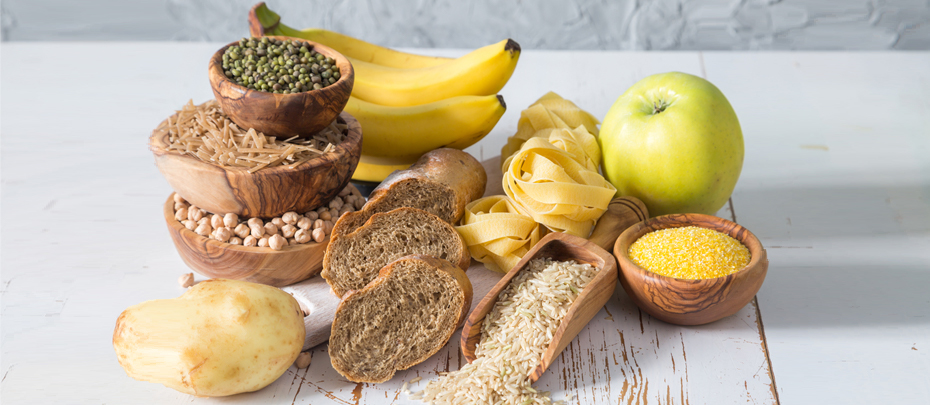
Foods Rich in Carbohydrates: Practical Guide
Knowing the best carbohydrate sources is fundamental for building a balanced and nutritious diet. Not all carbs are created equal, and knowing how to choose makes all the difference in results.
Simple Carbohydrates: When and How to Consume
| Type | Examples | When to Consume | Notes |
|---|---|---|---|
| Fresh fruits | Banana, apple, orange, grapes | Anytime | Rich in vitamins and fiber |
| Natural honey and syrups | Honey, maple syrup | Pre or post-workout | Use in moderation |
| Dairy products | Milk, plain yogurt | Breakfast, snacks | Contain lactose |
| Refined sugars | White sugar, sodas | Avoid or use minimally | Poor in nutrients |
Complex Carbohydrates: The Best Options
Whole Grains:
- Brown rice, quinoa, oats, whole wheat
- Provide sustained energy and fiber
- Ideal for main meals
Tubers and Roots:
- Sweet potato, yam, cassava, potato
- Excellent energy sources for workouts
- Rich in potassium and other minerals
Legumes:
- Beans, lentils, chickpeas, peas
- Combine carbohydrates with plant proteins
- Essential in plant-based diets
For those seeking quality supplements to complement their nutrition, there are many options available, but whole foods should always be your foundation.
Fiber: The Special Carbohydrates
Fiber deserves special attention for its unique benefits:
Soluble Fiber:
- Oats, apples, beans, barley
- Help control cholesterol and blood sugar
- Form gel in the intestine, increasing satiety
Insoluble Fiber:
- Leafy vegetables, whole grains, seeds
- Improve intestinal transit
- Prevent constipation
The daily recommendation is 25g of fiber, a value most Americans don't reach. That's why prioritizing whole foods and vegetables is fundamental.
Do Carbs Make You Fat? Myths and Facts
This is probably the most common question about carbohydrates, and the answer isn't as simple as a "yes" or "no." Let's analyze the facts based on scientific evidence.
The Truth About Carbs and Weight Gain
Carbohydrates alone don't make you fat. Weight gain happens when you consume more calories than you burn, regardless of the source. However, some factors make certain carbs more likely to contribute to weight gain:
1. Caloric Density and Satiety: Refined and sugary carbs tend to have high caloric density and low satiety. It's easy to consume many calories from sodas, candy, and white bread without feeling satisfied.
2. Glycemic Response: High glycemic index carbohydrates cause insulin spikes, which can favor fat storage and increase hunger rapidly after consumption.
3. Industrial Processing: Ultra-processed foods combine refined carbs with fats and additives, creating an "addictive formula" that stimulates excessive consumption.
The Role of Context in the Equation
The example of tapioca perfectly illustrates how context matters. Plain tapioca is nutritious and can be part of a healthy diet. However, when filled with butter, processed cheese, condensed milk, or chocolate, it becomes a caloric bomb.
Influencing factors:
- Amount consumed
- Meal timing
- Combination with other foods
- Physical activity level
- Individual metabolism
To better understand how different types of diets affect weight, check out our articles on low carb diet and ketogenic diet.
Strategies to Include Carbs Without Weight Gain
1. Prioritize Complex Carbohydrates: Choose brown rice, quinoa, sweet potato, and oats instead of white bread and refined sugars.
2. Combine with Proteins and Fiber: This combination improves satiety and reduces the glycemic impact of the meal.
3. Strategic Timing: Consume most carbs in the morning and before workouts, when your body needs energy most.
4. Portion Control: Use practical measures like one scoop of rice, one fist-sized sweet potato, or one slice of whole grain bread.
If you're looking to lose weight effectively, our guide on how to lose weight provides comprehensive strategies that include proper carbohydrate consumption.

Recommended Daily Amount of Carbohydrates
The World Health Organization establishes clear guidelines about ideal carbohydrate consumption, but it's important to understand that these recommendations should be adapted to individual needs.
WHO General Guidelines
The official recommendation is that 40% to 70% of total caloric value of the diet should come from carbohydrates. For a person consuming 1800 calories daily, this represents between 180g and 315g of carbohydrates per day.
Practical example for different caloric levels:
| Daily Calories | Carbs (40%) | Carbs (55%) | Carbs (70%) |
|---|---|---|---|
| 1500 kcal | 150g | 206g | 263g |
| 1800 kcal | 180g | 248g | 315g |
| 2200 kcal | 220g | 303g | 385g |
| 2500 kcal | 250g | 344g | 438g |
Specific Fiber Needs
For fiber, recommendations are more specific by age:
- Children 2-5 years: 15g per day
- Children 6-9 years: 21g per day
- Children 10+ years and adults: 25g per day
Unfortunately, most Americans consume less than half of this recommended fiber amount.
Factors That Influence Your Needs
1. Physical Activity Level: More active people need more carbohydrates. Athletes may need 6-10g per kg of body weight, while sedentary individuals can function well with 3-5g per kg.
2. Body Goals:
- Muscle gain: Needs more carbs to optimize workouts and recovery
- Fat loss: Can function with smaller amounts, but never zero
- Maintenance: Median values work well
3. Individual Metabolism: Some people have greater insulin sensitivity and process carbs more efficiently. Others may need more careful adjustments.
How to Calculate Your Individual Need
Simple Method:
- Calculate your daily caloric expenditure
- Multiply by 0.45 to 0.65 (45% to 65% of calories)
- Divide by 4 (calories per gram of carbohydrate)
Example for a 155lb person, moderately active:
- Caloric expenditure: ~2000 kcal
- Carbohydrates (50%): 1000 kcal ÷ 4 = 250g per day
For those interested in optimizing their nutrition with quality products, diet-related supplements can complement a well-structured eating plan.
How to Choose the Best Carbohydrates
Not all carbohydrates are equal. Knowing how to choose the best sources can make the difference between a diet that gives you energy and health or one that leaves you tired and hungry all the time.
Criteria for Smart Choices
1. Processing Level: The less processed, the better. A baked sweet potato will always be superior to a pack of cookies, even if both provide carbohydrates.
2. Glycemic Index and Glycemic Load: Prefer foods that release energy gradually. Oats, quinoa, and legumes are excellent examples.
3. Nutritional Density: Choose carbs that come with vitamins, minerals, and fiber. Whole fruits are better than juices, brown rice better than white.
4. Satiety: Foods rich in fiber and with more consistent texture tend to promote greater satiety for longer periods.
Best Carbohydrates Ranking
GOLD Category (Consume daily):
- Non-starchy vegetables (broccoli, spinach, tomatoes)
- Fresh whole fruits
- Legumes (beans, lentils, chickpeas)
- Whole grains (quinoa, oats, brown rice)
SILVER Category (Consume regularly):
- Tubers (sweet potato, yam, cassava)
- Sweeter fruits (banana, grapes, mango)
- Whole grain breads and pastas
- Plain yogurt without sugar
BRONZE Category (Consume occasionally):
- Refined cereals (white rice, white bread)
- Canned or dried fruits
- Honey, brown sugar
- Natural juices without sugar
AVOID Category (Consume rarely):
- Sodas and sugary drinks
- Processed sweets
- Ultra-refined breads and pastas
- Sugary breakfast cereals
Practical Tips for Daily Life
At Breakfast: Replace sugary cereals with oats and fruits. The combination offers sustained energy and fiber that maintains satiety until lunch.
At Lunch and Dinner: Prioritize the "balanced plate": 1/4 complex carbs, 1/4 lean protein, and 1/2 vegetables. This ensures varied nutrients and portion control.
For Snacks: Combine carbs with proteins or healthy fats. Fruits with nuts, yogurt with homemade granola, or tapioca with white cheese are great options.
Before Workouts: Quick-absorbing carbs can be useful: banana, dates, or even a little honey. To learn more about pre and post-workout nutrition, read our article about what to eat before and after physical activities.
Reading Labels Like an Expert
Look for:
- First ingredient being whole grain
- At least 3g of fiber per serving
- Less than 6g of added sugar per serving
- Short list of recognizable ingredients
Be suspicious of:
- Words like "enriched" or "fortified" (indicates processing)
- Long lists of chemical additives
- Claims like "fat-free" (usually have more sugar)
- Disguised sugars (dextrose, maltodextrin, corn syrup)
For comprehensive nutrition guidance, many find value in evidence-based diet books that provide scientific insights into healthy eating patterns.
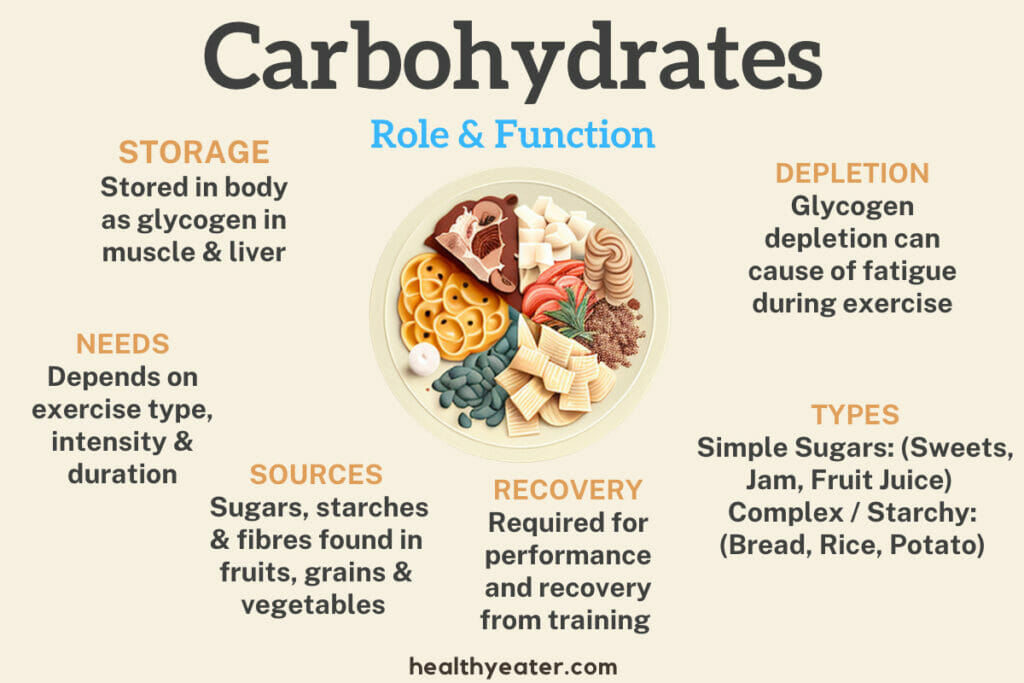
Carbohydrates and Physical Performance
The relationship between carbohydrates and exercise is one of the most important for those seeking to improve performance, gain muscle mass, or lose fat efficiently. Understanding this connection can transform your gym results.
Why Carbs Are Fundamental for Exercise
During physical activities, especially those of medium to high intensity, your muscles depend primarily on glucose as fuel. Unlike fats, which need oxygen to be "burned," glucose can generate energy quickly even in low-oxygen situations.
What happens during exercise:
- Muscles consume glucose from blood
- Liver releases stored glucose (hepatic glycogen)
- Muscles use their own glycogen reserves
- Without sufficient carbs, performance drops drastically
Carb Timing for Different Goals
For Muscle Gain:
- Pre-workout (1-2h before): 30-60g complex carbs
- Post-workout (within 30min): 0.5-1g per kg body weight
- Throughout the day: 4-7g per kg body weight
For Fat Loss:
- Pre-workout: 15-30g simple carbs (if intense training)
- Post-workout: Prioritize proteins, carbs only if necessary
- Throughout the day: 2-4g per kg body weight
For Performance/Endurance:
- Pre-workout: 1-4g per kg 1-4h before
- During long training: 30-60g per hour of exercise
- Post-workout: 1-1.2g per kg in first 2 hours
Best Carbs for Each Moment
Pre-Workout (1-3 hours before):
- Oatmeal with banana
- Sweet potato
- Brown rice with chicken
- Tapioca with natural jam
Immediate Pre-Workout (30min before):
- Banana
- Dates
- Honey (1 tablespoon)
- Coconut water
Post-Workout:
- Banana with whey protein
- White potato
- White rice (in this case, rapid absorption is desired)
- Maltodextrin (for athletes)
Signs of Insufficient Carbs in Training
Your body gives clear signals when carbs are lacking:
- Early fatigue: Excessive tiredness at the beginning of workout
- Strength reduction: Inability to maintain usual loads
- Lack of "pump": Muscles don't get "swollen" during training
- Slow recovery: Excessive delay between sets
- Irritability: Mood changes during and after exercise
Myths About Fasted Training
Training fasted has become trendy, especially to "burn more fat." The reality is more complex:
Pros:
- May increase fat oxidation in low-intensity exercises
- Improves metabolic adaptations in some cases
- Convenient for those who train very early
Cons:
- Reduces performance in intense exercises
- Can cause muscle mass loss
- Increases risk of hypoglycemia
- Worsens training quality
The recommendation: If your goal is performance or muscle gain, prefer consuming at least a small amount of carbs before training.
Many fitness enthusiasts complement their training with effective home workouts and may benefit from quality home exercise equipment like home treadmills for consistent cardio training.
Post-Workout Recovery: The Metabolic Window
Although the "anabolic window" isn't as critical as once thought, consuming carbs after training still brings benefits:
In the first 2 hours post-workout:
- More efficient muscle glycogen replenishment
- Reduction of cortisol (catabolic hormone)
- Improved protein synthesis when combined with proteins
- Preparation for the next workout
Understanding the difference between cardio and weight training can help you optimize your carbohydrate timing for different types of workouts.
Conclusion: Carbohydrates as Allies of Your Health
We've reached the end of this complete journey through the world of carbohydrates, and I hope you now have a completely different view of these essential nutrients. Carbohydrates aren't villains — they're the fuel your body and brain need to function efficiently and healthily.
The key is in choosing: prioritize complex and whole carbs, like fruits, vegetables, grains, and cereals, and avoid excess refined sugars and ultra-processed products. With balance and food awareness, carbohydrates become powerful allies for your energy, disposition, and well-being.
Now that you know what carbohydrates are, how they work, and what their best sources are, how about rethinking your next meals? Your body will thank you — with more health, energy, and quality of life.
For those interested in exploring comprehensive wellness approaches, consider checking out resources on meditation practices and sleep optimization to complement your nutritional improvements. You might also find value in meditation resources to support your overall health journey.
